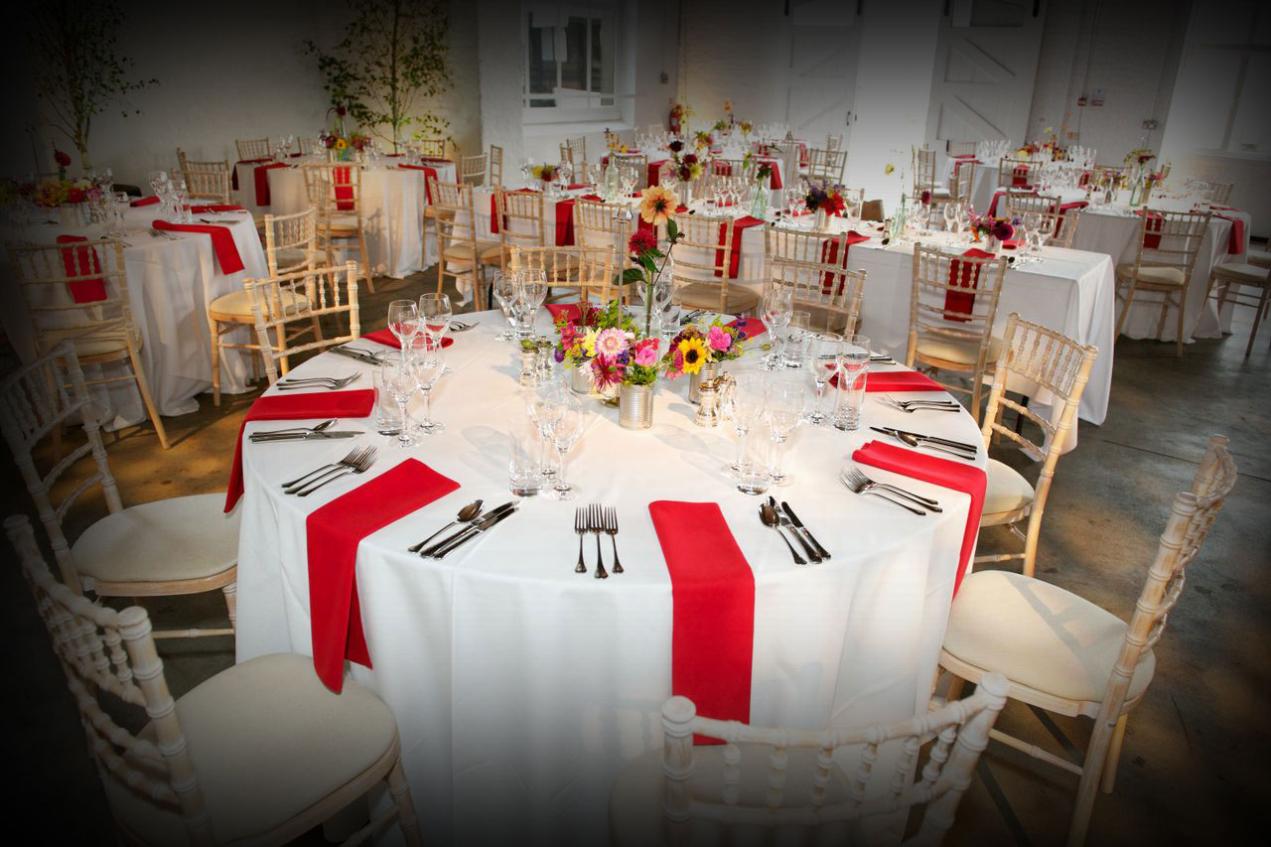What Are the Best Ways to Manage Catering Costs and Stay Within Budget?
Catering is a significant expense in event planning, and managing costs effectively is crucial to staying within budget. This article provides a comprehensive guide to help you understand catering costs, choose the right caterer, negotiate cost-saving strategies, and control food, beverage, and labor expenses.

I. Pre-Planning And Budgeting
A. Set A Realistic Budget
Before anything else, establish a realistic budget for catering based on your overall event budget. Consider factors such as the number of guests, type of cuisine, venue requirements, service style, and decorations.
B. Factors Impacting Catering Costs
- Number of Guests: The number of attendees directly influences the amount of food and beverages required.
- Type of Cuisine: Elaborate and specialized cuisines tend to be more expensive than simpler options.
- Venue Requirements: Some venues have specific catering restrictions or fees that can impact costs.
- Service Style: Buffet-style or family-style service is generally more cost-effective than plated meals.
- Decorations and Rentals: Linens, centerpieces, and other decorative elements can add to the overall catering costs.
II. Choosing The Right Caterer
A. Importance Of Selecting The Right Caterer
Choosing a caterer that aligns with your budget and needs is essential. Look for caterers with a good reputation, positive reviews, and experience in handling events similar to yours.
B. Tips For Evaluating Caterers
- Check Reputation and Reviews: Read online reviews and testimonials to gauge the caterer's quality and reliability.
- Request Detailed Quotes: Ask for detailed quotes that include all costs, including food, beverages, service, and any additional fees.
- Consider Experience and Expertise: Choose caterers with experience in handling events of your size and type.
- Ensure Flexible Menu Options: Look for caterers who offer flexible menu options and customization to accommodate dietary restrictions and preferences.
III. Negotiating And Cost-Saving Strategies
A. Importance Of Negotiating With Caterers
Negotiating with caterers can help you secure the best deal and save money. Be prepared to discuss your budget and explore cost-saving options.
B. Cost-Saving Measures
- Opt for Buffet-Style or Family-Style Service: These service styles are generally more cost-effective than plated meals.
- Choose Seasonal and Locally Sourced Ingredients: Seasonal and locally sourced ingredients are often more affordable and fresher.
- Consider DIY Options: DIY options for decorations and rentals can save money.
- Negotiate on Menu Items and Package Deals: Negotiate on menu items and package deals to get the best value for your money.
IV. Managing Food And Beverage Quantities
A. Importance Of Accurate Estimation

Accurate estimation of food and beverage quantities is crucial to avoid overspending. Work with the caterer to determine appropriate portion sizes and offer a variety of dishes to cater to different tastes.
B. Tips For Avoiding Overspending
- Work with the Caterer: Collaborate with the caterer to determine appropriate portion sizes and menu options.
- Offer a Variety of Dishes: Offer a variety of dishes to cater to different tastes and preferences.
- Consider Smaller Portions: Consider serving smaller portions and offering seconds to avoid waste.
- Keep Track of Consumption: Keep track of food and beverage consumption during the event to adjust quantities accordingly.
V. Controlling Labor Costs
A. Impact Of Labor Costs On Catering Expenses
Labor costs can significantly impact catering expenses. Choosing a caterer with efficient staffing practices and considering cost-saving strategies can help minimize labor costs.
B. Suggestions For Minimizing Labor Costs
- Choose a Caterer with Efficient Staffing Practices: Look for caterers with a good reputation for efficient staffing and service.
- Consider Part-Time or Temporary Staff: Consider hiring part-time or temporary staff for less labor-intensive tasks.
- Cross-Train Staff: Cross-train staff to handle multiple tasks and increase efficiency.
- Schedule Staff Strategically: Schedule staff strategically to avoid overtime pay and ensure adequate coverage.
VI. Additional Tips For Staying Within Budget
- Plan a Budget-Friendly Menu: Choose dishes that are cost-effective and crowd-pleasing.
- Consider Signature Cocktails or Mocktails: Signature cocktails or mocktails can be more cost-effective than a full bar.
- Negotiate Discounts: Negotiate discounts for bulk orders or off-peak dates.
- Explore Creative Presentation: Explore creative ways to present food and drinks to make them look more appealing and luxurious.
- Avoid Last-Minute Changes: Avoid last-minute changes and additions to the menu to prevent additional costs.
VII. Conclusion
Managing catering costs effectively is crucial to staying within budget and ensuring a successful event. Careful planning, negotiation, and cost-saving strategies can help you control expenses and deliver a memorable catering experience for your guests. Apply these strategies to your event planning process to stay within budget and achieve your catering goals.
YesNo

Leave a Reply